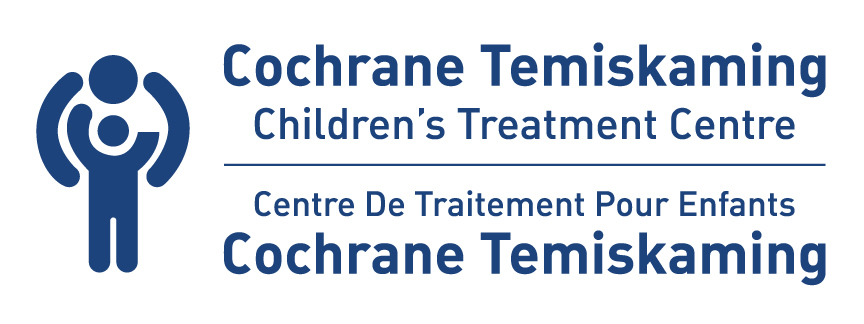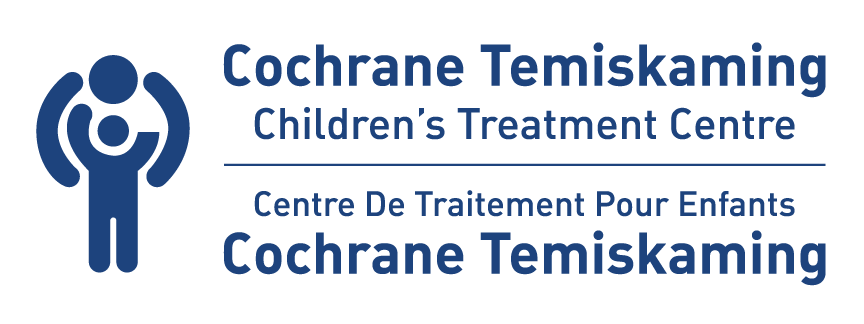always striving for the best possible outcome
We provide specialized programs and services, outpatient clinical treatment, and support to children/youth from birth to 19 (and up to 21 years of age if attending a Ministry of Education sanctioned program) and their families/caregivers.




